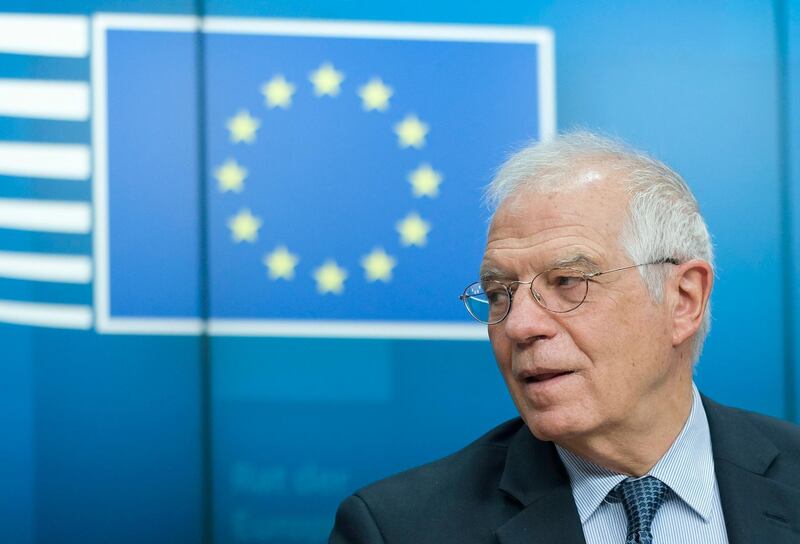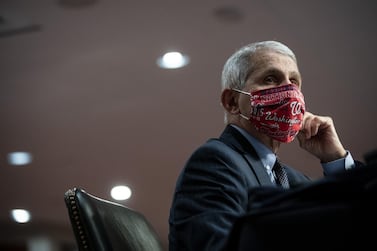Europe had been “naive” with China in allowing it to dominate world trade without reforming its political system, the European Union’s foreign policy chief has said.
The future of world politics is going to be dominated by rivalry between the United States and China as a major result of the coronavirus pandemic, Josep Borrell said.
He also condemned the White House for making policy decisions without consultation that had a strong impact on Europe.
Mr Borrell questioned China’s record of suggesting it was a developing country selling cheap goods while simultaneously becoming a rival high-end technology economy.
This has created a trade imbalance that has infuriated US President Donald Trump and led to the trade war between the two countries. Europe was affected in a similar way, he said.
“We don’t want to engage with systemic rivalry with China but on the other hand we are not naive. We Europeans have been a bit naive with China, and I agree with President Trump on that.”
When China was allowed to join the World Trade Organisation in 2001 it was thought that trade and capitalism would see the autocratic regime reform its political system, especially in regard to human rights.
“This hasn’t happened,” Mr Borrell said. “China is much more assertive, they are a global player. We have to consider them in a much more different way.
Before we considered them an exporter of cheap goods.” He added: “Trade is a big imbalance and it has to be corrected.”
Mr Borrell also criticised the US president’s government for announcing new policy measures without consulting European allies. Mr Trump ordered the withdrawal of almost 10,000 US troops from their bases in Germany earlier this month without warning.
Berlin was not consulted on the issue, which experts said weakened America’s position towards Russia and China.
“The US administration has been taking decisions unilaterally without notice, without saying what they are going to do, one after the other,” Mr Borrell told journalists at the German Marshall Fund webinar. “This has created a problem for us.
“Every day you learn that the US does something that affects you without taking care of announcing the affects you are going to suffer.”
The pandemic had also accelerated the rivalries and fault-lines in international relationships rather than uniting the world to fight Covid-19.
“This was a moment for more international co-operation but in fact we’ve not got it, we’ve got more rivalry,” Mr Borrell said. “This is more of a fight between the US and China, a fight over narratives. It’s going to dominate the future of geopolitics.”
Earlier this month Mr Borrell gained prominence when he suggested that Europe should be more assertive in its position towards China. “We have to be like Frank Sinatra, no? ‘My Way’,” he said.
With America less reliable and China more assertive, Europe had to “find its own voice and strategy.”
“The US has no problem on how to use language of power,” he said. “We have to use all our capabilities – because we are not a military union – with the same assertiveness others do.
“With China it’s good that we are united and can get a better deal.”























